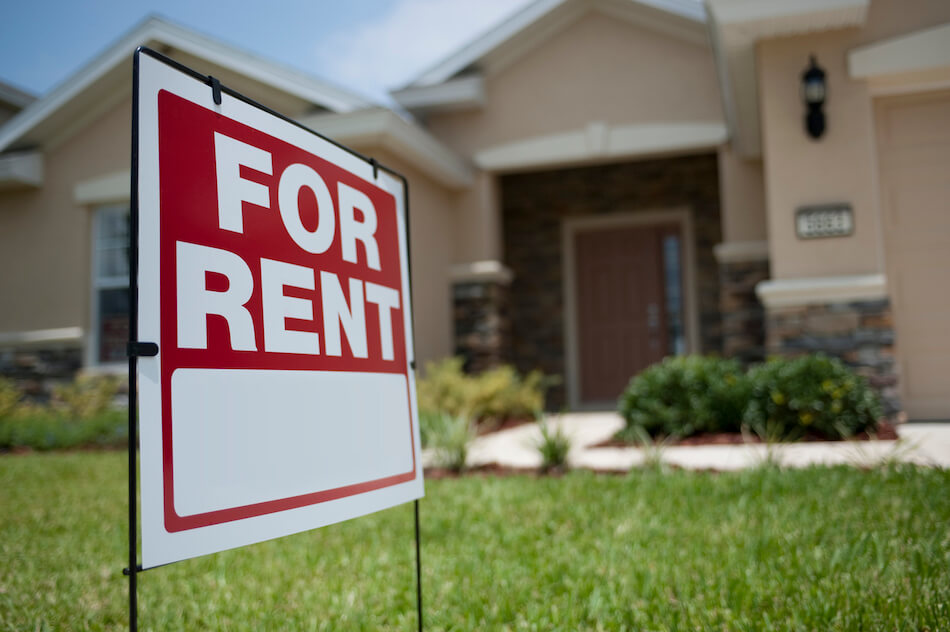
With the rising inflation, owning a house in Canada is getting very expensive so many homeowners earn rental income by renting out space in their primary residence or from a separate rental property. According to recent a CIBC poll, more than one in four Canadian homeowners are either already landlords (15%) or plan to earn rental income (11%) by renting out space in their primary residence or from a separate rental property. And, nearly two in five (37%) homeowners say they’d opt for a home with a source of rental income if buying a home today. Whether you convert your main residence to a rental property or buy a property to be held as a rental, there are several tax considerations to be aware of. By knowing how your rental property income is taxed helps you make the most of the revenue you generate, lessen the financial impact of rental losses and avoid unexpected surprises at tax time.

How is rental property income taxed?
The rental income that you receive is taxable income, but you can reduce that income by the expenses of the property. How much you are taxed will depend on how the money is collected. If the rental property is owned in your personal name, this income is taxed on your T1 personal income tax return by filing the Statement of Real Estate Rentals Form (T776). The tax you pay will depend on your marginal tax rate. For partnerships, each partner is taxed at their own tax rate for their portion of the income. If you are in rental business then you are taxed at the appropriate business income tax rate based on the business you are in. For the purpose of this article, we will primarily be focusing on individual ownership of rental properties.
What expenses can you claim?
There are many expenses that you can deduct against your rental income, so long as they are reasonable. Expenses are divided into two categories: capital expenses and current expenses (also referred as operating expenses).
A capital expense is basically a lasting improvement to the property that will raise the value of the property. Your cost of acquiring the rental property and costs to improve it beyond its original condition or to extend its life would be capital in nature.
A current expense is something that usually reoccurs periodically. One example is a payment for repairs to fix or restore a property so that it will be in the same condition as it was when you purchased it. These expenses are often recurring in nature and are generally deductible in the year they arise.
Here is a list of the other things you can claim according to the Canada Revenue Agency:
- Your insurance on the property: You can deduct the premiums that you pay to insure a rental property for the current year.
- Advertising that tries to attract people to your rental property.
- Several different fees from lawyers and mortgage brokers.
- The cost of office supplies (obviously this applies more to large-scale landlords).
- Bookkeeping/accounting/tax preparation fees.
- The salary/wages of your property manager and any other people you employ to take care or provide services to the property (and labour/time you put into the equation is not tax-deductible, however).
- Repairs/maintenance to the property: You can deduct expenses for repairing your rental property and maintaining it in proper condition.
- Property taxes: Property taxes are deductible.
- The cost of providing utilities: You can deduct utility costs for the property, but only if the terms of the lease require you as landlord to cover such costs.
What expenses are NOT claimable?
There are some expenses the CRA specifically doesn’t allow:
- Service or labour you perform at your property isn’t a deductible expense.
- If you live in the house or building you rent out, you can only claim expenses associated with the rented part of the building.
- The land transfer taxes you paid when you purchased the property aren’t deductible. They’re part of the cost of the property and can usually be included in the CCA calculation for the building. We strongly suggest you consult an accountant before CCA is claimed on your property.
- You can’t deduct payments towards your rental property’s mortgage or loan just the interest portion is a write off.
- You can’t claim penalties shown on your Notice of Assessment from the CRA.
Conclusion
Hopefully, you now have a pretty good understanding of your responsibilities when it comes to taxes on rental income, as well as the things you can and can not claim. By observing these deductions, you can save a lot of money on your yearly taxes.
There are tax implications about renting your principal residence. We advise consulting an accountant before you possibly lose a portion of your tax-free sale on the principal residence.
If you have any questions, please contact our office and we would be happy to discuss how owning a rental property may impact your tax return.
